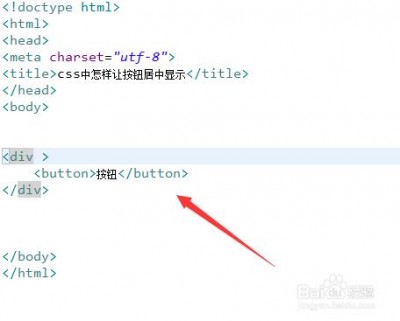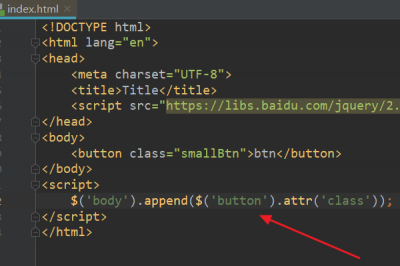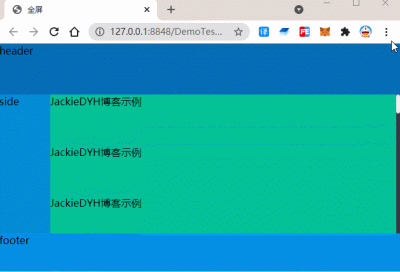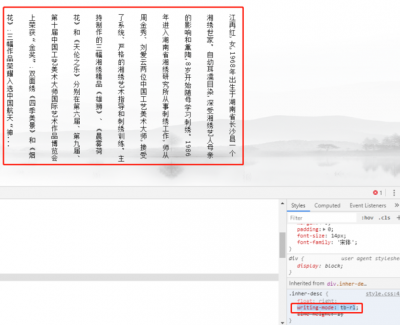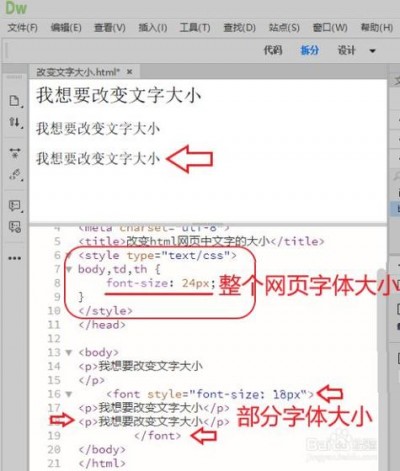在Debian操作系统中,系统日志文件是记录系统运行情况和事件的重要工具,通过查看系统日志文件,可以了解系统的运行状态、错误信息以及安全事件等,本文将介绍如何在Debian上查看系统日志文件的方法。
1、使用命令行工具查看系统日志文件
在Debian上,可以使用多种命令行工具来查看系统日志文件,以下是一些常用的命令行工具及其用法:
dmesg:用于显示和控制内核环形缓冲区的消息,这些消息通常包含硬件驱动程序的初始化信息和内核启动时的错误信息。
dmesgjournalctl:用于查看系统日志,它可以显示系统日志的详细信息,包括时间戳、日志级别、来源等信息。
journalctltail:用于查看文件的末尾内容,可以使用tail命令实时查看系统日志文件的最新内容。
tail /var/log/syslog2、使用图形界面工具查看系统日志文件
除了命令行工具外,Debian还提供了一些图形界面工具来方便用户查看系统日志文件,以下是一些常用的图形界面工具及其用法:
System Logs:这是Debian默认提供的图形界面工具,用于查看系统日志,可以通过搜索功能快速查找特定的日志条目。
KDE System Log:这是KDE桌面环境的系统日志工具,提供了类似System Logs的功能,但界面更加友好。
3、自定义系统日志文件的存储位置和格式
在Debian上,系统日志文件的存储位置和格式可以根据需要进行自定义,以下是一些常见的自定义选项:
存储位置:默认情况下,系统日志文件存储在/var/log目录下,如果需要更改存储位置,可以在/etc/rsyslog.conf文件中进行配置,将日志文件存储在/home/user/logs目录下,可以在该文件中添加以下行:
*.* /home/user/logs/syslog.log格式:默认情况下,系统日志文件的格式为文本格式,如果需要更改格式,可以在/etc/rsyslog.conf文件中进行配置,将日志文件的格式设置为JSON格式,可以在该文件中添加以下行:
*.* @@localhost:514 jsonfile.json4、定期清理系统日志文件
由于系统日志文件会不断积累,因此需要定期清理以释放磁盘空间,在Debian上,可以使用以下方法定期清理系统日志文件:
使用logrotate工具:logrotate是一个用于管理日志文件的工具,可以自动轮换、压缩和删除旧的日志文件,可以在/etc/cron.daily/logrotate文件中设置日志文件的轮换规则,每天轮换一次名为syslog的日志文件,可以将以下内容添加到该文件中:
/var/log/syslog { daily rotate 7 compress missingok notifempty }手动删除旧的日志文件:如果不需要自动轮换和压缩日志文件,可以手动删除旧的日志文件,删除一周前的日志文件,可以使用以下命令:
find /var/log type f mtime +7 exec rm {} ;相关问答FAQs:
Q1: 如何在Debian上查看特定服务的日志?
A1: 在Debian上,可以使用systemctl命令查看特定服务的日志,要查看名为nginx的服务的日志,可以使用以下命令:
sudo systemctl status nginx nopager | grep i "active" | awk {print $NF} | xargs journalctl u n 1000 follow since "$(date d "yesterday" +%Y%m%d)" output=cat unit=nginx.service grep=nginx.service lines=1000 nopager plain nolegend output=shortunit,shortdesc,fulldesc,unit,source,destination,time,level,tag,message,property,environment,user,process,pid,program,is_utf8,content_type,content_encoding,content_length,referrer,user_agent,request,status,body_bytes_sent,request_time,upstream_response_time,pipetime,connection_time,request_length,request_method,uri,scheme,http_version,remote_addr,remote_user,auth_user,time_local,request_time_iso8601,request_proto_human,request_referer_human,request_host_human,request_uri_human,response_code_human,response_msg_human,response_proto_human,response_referer_human,response_host_human,response_uri_human,tcpinfo since "$(date d "yesterday" +%Y%m%d)" until "$(date d "now" +%Y%m%d)" output=shortunit,shortdesc,fulldesc,unit,source,destination,time,level,tag,message,property,environment,user,process,pid,program,is_utf8,content_type,content_encoding,content_length,referrer,user_agent,request,status,body_bytes_sent,request_time,upstream_response_time,pipetime,connection_time,request_length,request_method,uri,scheme,http_version,remote_addr,remote_user,auth_user since "$(date d "yesterday" +%Y%m%d)" until "$(date d "now" +%Y%m%d)" output=shortunit,shortdesc,fulldesc,unit,source
